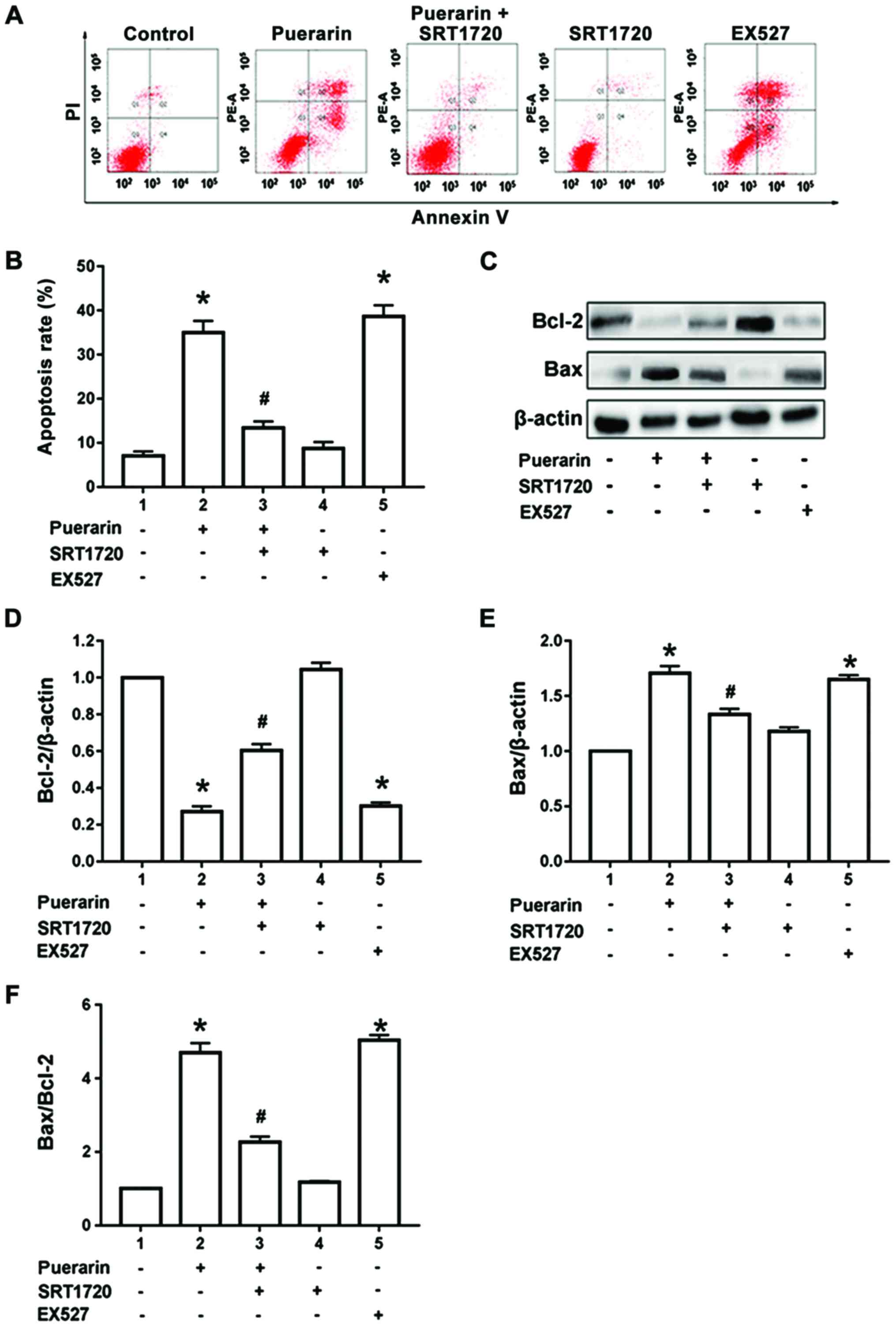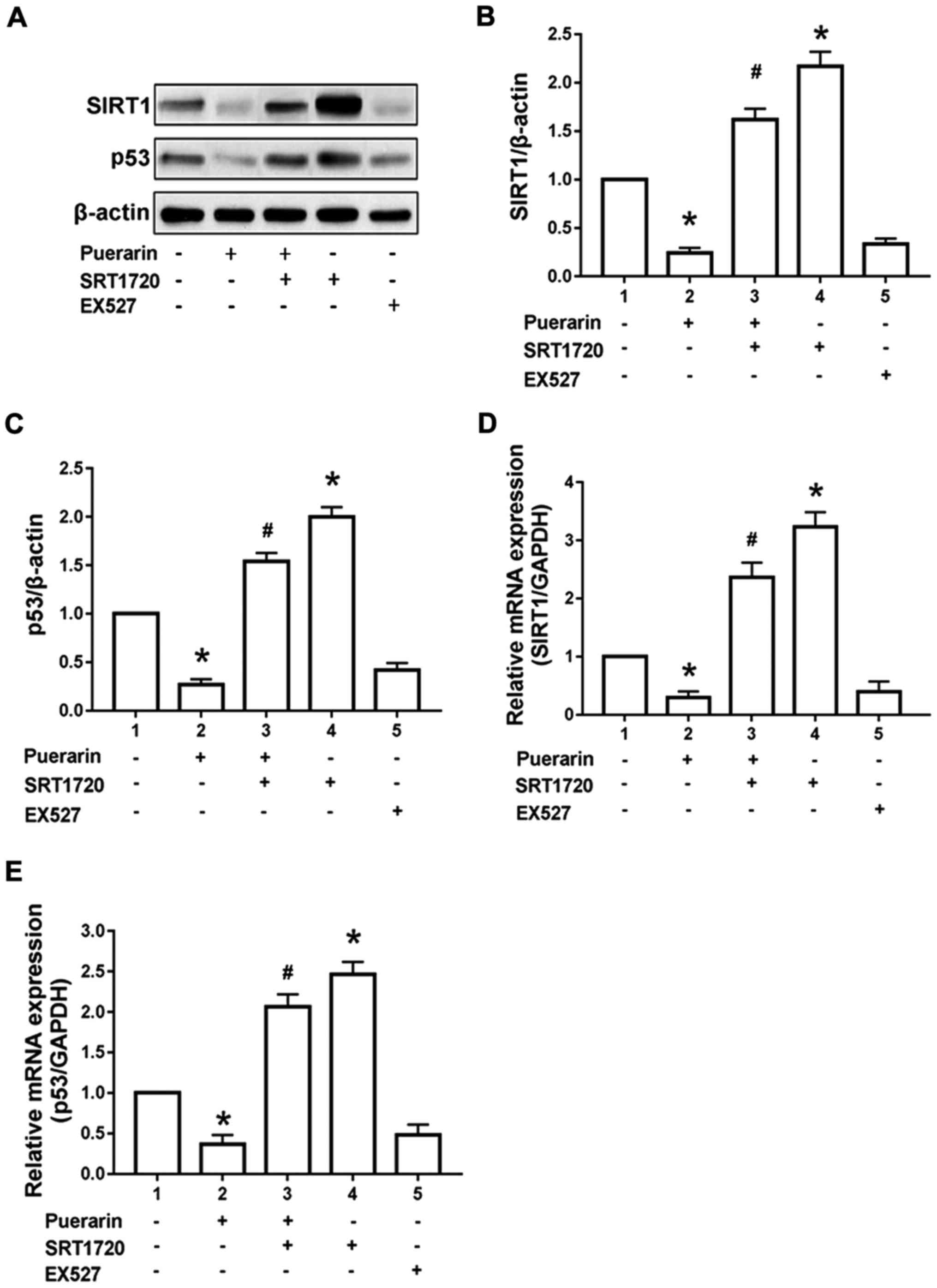|
1
|
Mowlds DS, Foster CE and Ichii H: Invasive
squamous cell bladder cancer of the ureterovesical junction in a
renal transplant patient: A case report. J Surg Case Rep.
2017:rjx0662017. View Article : Google Scholar : PubMed/NCBI
|
|
2
|
Wood DP: Re: Current clinical practice
gaps in the treatment of intermediate- and high-risk
non-muscle-invasive bladder cancer (NMIBC) with emphasis on the use
of Bacillus Calmette-Guérin (BCG): results of an international
individual patient data survey (IPDS). J Urol. 191:17312014.
View Article : Google Scholar : PubMed/NCBI
|
|
3
|
Zahoor H, Elson P, Stephenson A, Haber GP,
Kaouk J, Fergany A, Lee B, Koshkin V, Ornstein M, Gilligan T, et
al: Patient characteristics, treatment patterns and prognostic
factors in squamous cell bladder cancer. Clin Genitourin Cancer.
16:e437–e442. 2018. View Article : Google Scholar : PubMed/NCBI
|
|
4
|
Arruda RP, Mariano MB, Pereira CF, Lima
GC, Lessa TN and Neto MC: Laparoscopic cystoprostatectomy for
bladder cancer in a male patient combined with open ileal conduit
urinary diversion. Int Braz J Urol. 43:169–170. 2017. View Article : Google Scholar : PubMed/NCBI
|
|
5
|
Jiang K, Chen H, Tang K, Guan W, Zhou H,
Guo X, Chen Z, Ye Z and Xu H: Puerarin inhibits bladder cancer cell
proliferation through the mTOR/p70S6K signaling pathway. Oncol
Lett. 15:167–174. 2018.PubMed/NCBI
|
|
6
|
Wang PP, Zhu XF, Yang L, Liang H, Feng SW
and Zhang RH: Puerarin stimulates osteoblasts differentiation and
bone formation through estrogen receptor, p38 MAPK, and
Wnt/β-catenin pathways. J Asian Nat Prod Res. 14:897–905. 2012.
View Article : Google Scholar : PubMed/NCBI
|
|
7
|
Guo XF, Yang ZR, Wang J, Lei XF, Lv XG and
Dong WG: Synergistic antitumor effect of puerarin combined with
5-fluorouracil on gastric carcinoma. Mol Med Rep. 11:2562–2568.
2015. View Article : Google Scholar : PubMed/NCBI
|
|
8
|
Lin MH, Lee YH, Cheng HL, Chen HY, Jhuang
FH and Chueh PJ: Capsaicin inhibits multiple bladder cancer cell
phenotypes by inhibiting tumor-associated NADH oxidase (tNOX) and
sirtuin1 (SIRT1). Molecules. 21:8492016. View Article : Google Scholar
|
|
9
|
Vaziri H, Dessain SK, Ng Eaton E, Imai SI,
Frye RA, Pandita TK, Guarente L and Weinberg RA: hSIR2(SIRT1)
functions as an NAD-dependent p53 deacetylase. Cell. 107:149–159.
2001. View Article : Google Scholar : PubMed/NCBI
|
|
10
|
Livak KJ and Schmittgen TD: Analysis of
relative gene expression data using realtime quantitative PCR and
the 2(Delta Delta C(T)) method. Methods. 25:402–408. 2001.
View Article : Google Scholar : PubMed/NCBI
|
|
11
|
Reulen RC, de Vogel S, Zhong W, Zhong Z,
Xie LP, Hu Z, Deng Y, Yang K, Liang Y, Zeng X, et al: Physical
activity and risk of prostate and bladder cancer in China: The
South and East China case-control study on prostate and bladder
cancer. PLoS One. 12:e01786132017. View Article : Google Scholar : PubMed/NCBI
|
|
12
|
Tang JL, Liu BY and Ma KW: Traditional
Chinese medicine. Lancet. 372:1938–1940. 2008. View Article : Google Scholar : PubMed/NCBI
|
|
13
|
Chen T, Chen H, Wang Y and Zhang J: In
vitro and in vivo antitumour activities of puerarin 6″-O-xyloside
on human lung carcinoma A549 cell line via the induction of the
mitochondria-mediated apoptosis pathway. Pharm Biol. 54:1793–1799.
2016. View Article : Google Scholar : PubMed/NCBI
|
|
14
|
Liu X, Zhao W, Wang W, Lin S and Yang L:
Puerarin suppresses LPS-induced breast cancer cell migration,
invasion and adhesion by blockage of NF-κB and Erk pathway. Biomed
Pharmacother. 92:429–436. 2017. View Article : Google Scholar : PubMed/NCBI
|
|
15
|
Yu Z and Li W: Induction of apoptosis by
puerarin in colon cancer HT-29 cells. Cancer Lett. 238:53–60. 2006.
View Article : Google Scholar : PubMed/NCBI
|
|
16
|
Al-Qathama A, Gibbons S and Prieto JM:
Differential modulation of Bax/Bcl-2 ratio and onset of caspase-3/7
activation induced by derivatives of justicidin B in human melanoma
cells A375. Oncotarget. 8:95999–96012. 2017. View Article : Google Scholar : PubMed/NCBI
|
|
17
|
Zhang S, Qin F, Yang L, Xian J, Zou Q, Jin
H, Wang L and Zhang L: Nucleophosmin mutations induce
chemosensitivity in THP-1 leukemia cells by suppressing NF-κB
activity and regulating Bax/Bcl-2 expression. J Cancer.
7:2270–2279. 2016. View Article : Google Scholar : PubMed/NCBI
|
|
18
|
Ruan L, Wang L, Wang X, He M and Yao X:
SIRT1 contributes to neuroendocrine differentiation of prostate
cancer. Oncotarget. 9:2002–2016. 2017.PubMed/NCBI
|
|
19
|
Kang YY, Sun FL, Zhang Y and Wang Z: SIRT1
acts as a potential tumor suppressor in oral squamous cell
carcinoma. J Chin Med Assoc. 81:416–422. 2018. View Article : Google Scholar : PubMed/NCBI
|
|
20
|
Shuang T, Wang M, Zhou Y and Shi C:
Over-expression of Sirt1 contributes to chemoresistance and
indicates poor prognosis in serous epithelial ovarian cancer (EOC).
Med Oncol. 32:2602015. View Article : Google Scholar : PubMed/NCBI
|
|
21
|
Zhang X, Chen J, Sun L and Xu Y: SIRT1
deacetylates KLF4 to activate Claudin-5 transcription in ovarian
cancer cells. J Cell Biochem. 119:2418–2426. 2018. View Article : Google Scholar : PubMed/NCBI
|
|
22
|
Han L, Liang XH, Chen LX, Bao SM and Yan
ZQ: SIRT1 is highly expressed in brain metastasis tissues of
non-small cell lung cancer (NSCLC) and in positive regulation of
NSCLC cell migration. Int J Clin Exp Pathol. 6:2357–2365.
2013.PubMed/NCBI
|
















